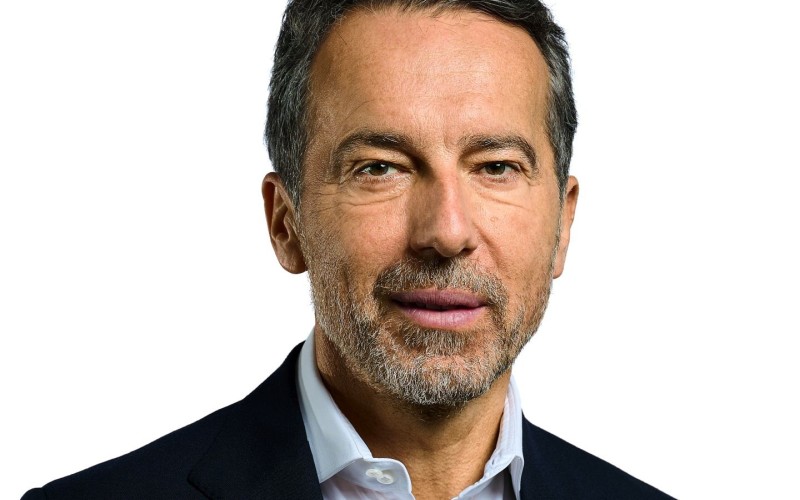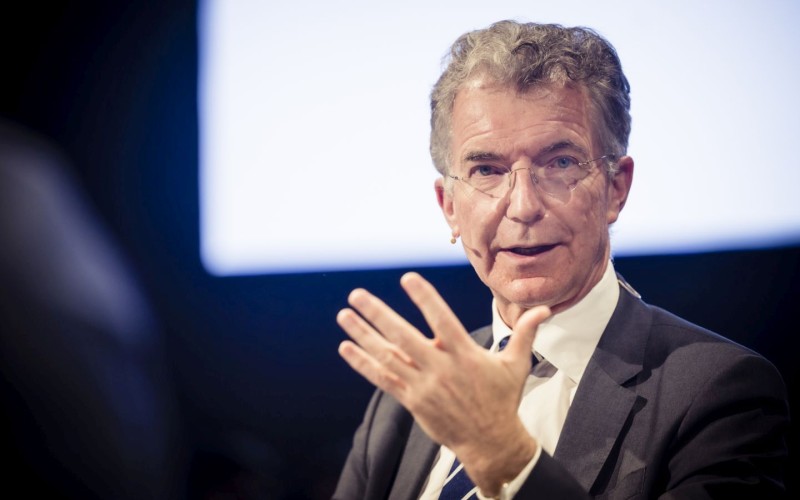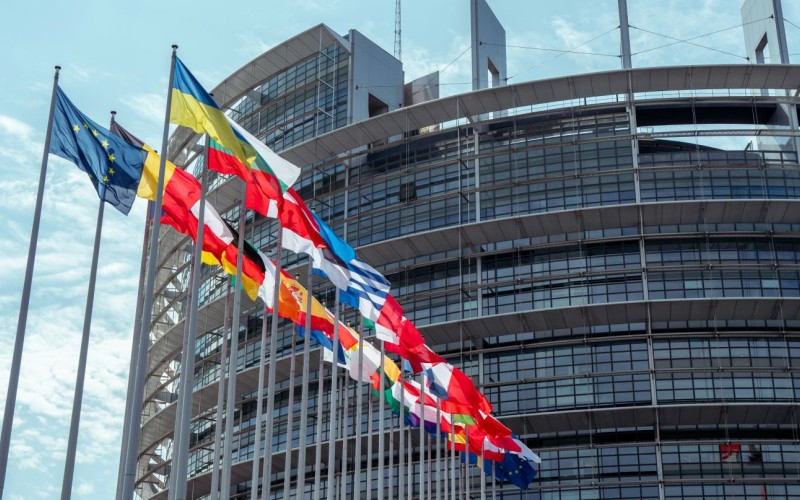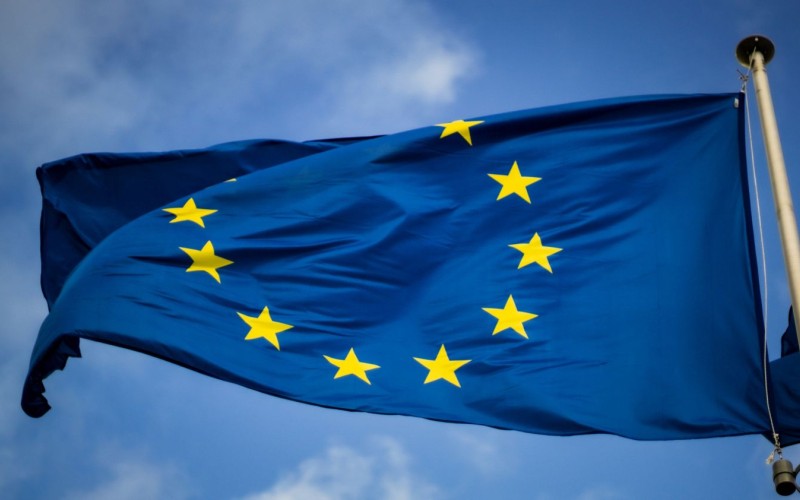Following the assassination attempt on former President Donald Trump on Saturday, the Republican party convention began as planned in Milwaukee. But one thing is already clear: the attack on presidential candidate Trump will influence the election campaign.

First day of the party convention
At the end of the first day of the Republican Party convention, Trump made a triumphant entrance and received rapturous applause. Republican party supporters were already eagerly behind Trump, but now, after surviving an assassination attempt by the skin of his teeth, he has achieved almost mythical status. Trump thanked the Almighty for allowing him to continue his mission. Numerous supporters, especially religious ones, now see Trump all the more as being sent by God to protect the country from greater harm.
With a more conciliatory tone, Trump could now reach more moderate groups of voters in addition to his loyal Republican base. ‘Unite America!’, he wrote on social media on Sunday. His nomination acceptance speech on Thursday offers Trump an opportunity to appeal to a broader electorate, at least rhetorically, with a more moderate message as the country's reconciler, the independents and moderate Republicans who have so far felt uncomfortable supporting him.
Biden's smoke screen
On the other hand, incumbent President Joe Biden will have to stop ‘targeting’ Trump to distract from his own shortcomings. On 8 July, Biden called on his supporters: ‘It's time to take aim at Trump’. Now that an assassin has literally put Trump in the crosshairs, Biden's campaign team will have to rethink. The previous tactic of portraying Biden as the last defender of US democracy did not go down well with voters. In the meantime, even independent voters have come to trust Trump more than Biden to protect democracy. A number of Republican representatives and senators also blamed Biden's rhetoric for the attack on Trump.
Who is J.D. Vance?
Trump chose one of them, Senator J.D. Vance, as his vice presidential candidate. Like Trump, Senator Vance stands for ‘America First’. Like Trump, his running mate also rejects support for Ukraine. Both want to revise America's previous international orientation.

Scepticism towards Germany and Europe
Vance, like Trump, is deeply sceptical of the rules-based international order - the system of laws, norms and multilateral institutions created by the US in the years after the Second World War to defuse global conflicts and facilitate international economic activity - which is of fundamental importance to Germany and Europe. From Trump's and Vance's perspective, this system has only enriched global economic elites while harming the working class in America.
Polarisation in the USA
Given the polarisation in the US, where political camps are intransigently opposed and willing to defend their ideals at all costs, our political and business leaders should consider how Europe's security and prosperity can be secured without US support and in the face of further attacks on the rules-based economic order, especially in light of a possible second Trump term.
Foresighted analysis
Together with his American co-author Mat Burrows, Josef Braml has produced a forward-looking analysis of the possible ‘Future of Ukraine and NATO under Trump 2.0’.
Those who believe that concepts such as ‘friendshoring’ and ‘decoupling’, as well as limiting economic relations to democratic states, are beneficial to our Western interests may benefit from an in-depth analysis recently published by Mat Burrows and Josef Braml in the US journal National Interest: ‘U.S.-China Economic Competition Is Headed Down A Dangerous Path’.







